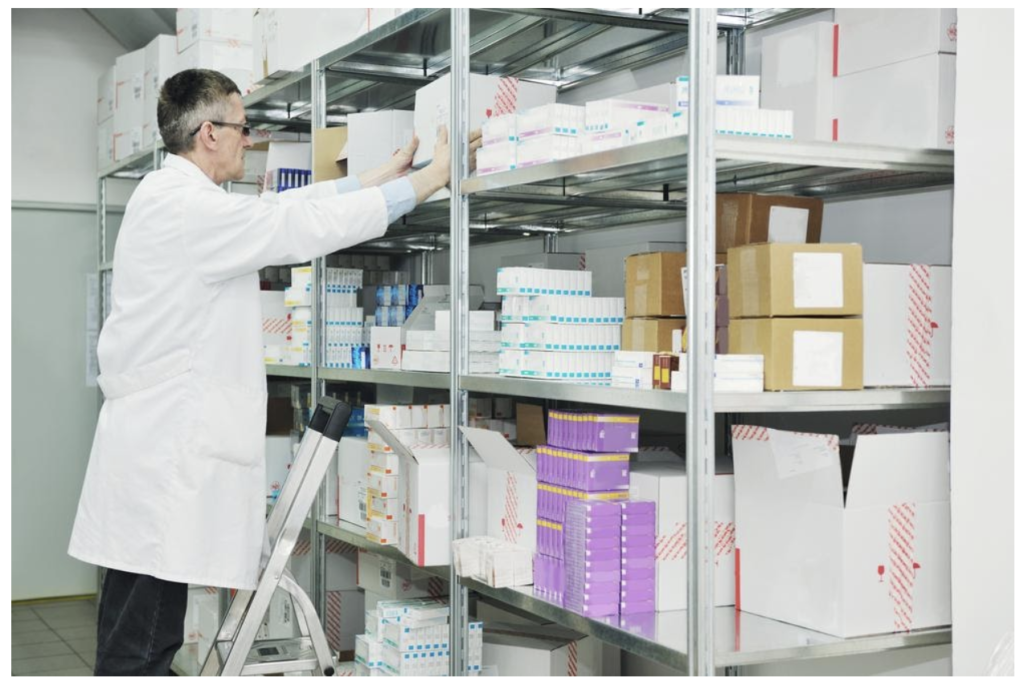
Manufacturing errors in medicine can mean the difference between life and death for patients. You need to be able to trust that parts won’t defect, or your medical product won’t get passed by the FDA or survive market competition. Seals play a critical role in keeping medicine air-tight, preventing leaks in medicine that’s in liquid form and dispensing accurate doses from syringes and tinctures. When seals don’t work, profits are lost and the consequences can mean going out of business. There are four major seal challenges in the medical industry to look at, and being prepared for them can prevent a seal-related catastrophe from taking place.
1. Leak-Proofing
Medical containers and dispensers require 100 percent leak-proof seals in order to contain liquid medicine without leaking and in order to guarantee correct dosing. Blood transfusions and the containment of bodily fluids for lab analysis all require containment of fluids with medical-grade seals, which means they’re guaranteed not to leak. When leaking causes a biohazard in a lab or hospital, the compliance for medical equipment and dispensers required is high. That’s why the medical industry depends on leak-proof seals from the time of manufacturing to the moment of administration.
2. Durability
In medical processes where leak-proof seals are required to extract substances from plants or process liquid medicine in a factory, durability means reliability. To avoid downtime and keep maintenance costs low, you need to start with parts and equipment made with quality materials proven to withstand the test of time. Of greatest importance are the durability of medical-grade seals used in artificial hearts, because they’re required to keep the heart in operation for the rest of your life.
High-quality medical-grade seals are made only with materials that keep systems leak-proof without compromising under extreme chemicals or when exposed to reactive chemicals. Some of these medical-grade materials include fluorocarbon, silicone, fluorosilicone, nitrile and chloroprene.
3. Precision
Seals that are custom-made for various medical equipment and medicine dispensers created by independent businesses are required to be manufactured with extreme precision to ensure they’re leak-proof inside their function. For example, a rubber seal made for a specific valve, or an o-ring made for sealing anything from water pipes to aircraft pumps, with exact precision.
4. FDA Compliance
The concept of “medical grade” is similar to the idea of food-grade, where something in manufacturing is only considered “food grade” if it’s been tested as safe for consumption or for contact with food that will be consumed. To be considered “medical grade,” a material such as a type of rubber must be biocompatible. Seals are required to pass all FDA compliance codes to ensure that they’re safe and up to regulation standards.
One third-party tester for medical materials is known as the United States Pharmacopeia (USP). The USP test determines whether there are biological reactions with any of the materials that come in contact with skin. If the material tests to be fully biocompatible, then it’s deemed safe for medical use and the USP deems it their approval. When you see petroleum jelly in drug stores, for example, the ingredient listed on the product’s label will always be followed up by “USP” if it’s been third-party tested by USP.
Final Thoughts
Industrial and manufacturing medical supplies, medical equipment and medicines require seals that are fully hygienic, 100 percent leak-proof and nonreactive to chemicals. Medical-grade rubber seals that are FDA-approved for medical use are leak-proof, durable, and ideally, cost-effective.

